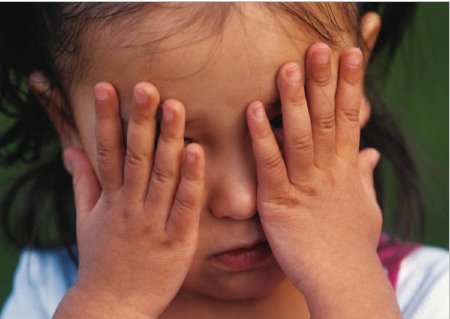SCOTLAND
One hundred thousand brochures with commitments in response to the crimes and a statement by archbishop Tartaglia distributed in parishes

Also the Catholic Church of Scotland adheres to the zero-tolerance policy against sexual abuses perpetrated inside the Church. On 22 and 23 August about 100,000 copies of a leaflet describing the commitments made by the Church in response to the crimes committed and the text of the apology by Archbishop Tartaglia, president of the Scottish Bishops’ Conference, on behalf of the bishops, were distributed to all of Scotland’s 500 Catholic parishes during Sunday Mass. The initiative was taken following the publication last week of a report drawn up by a committee chaired by Andrew McLellan, set up by the Catholic Bishops of Scotland in November 2013. The report – titled “Review of Safeguarding Protocols and Procedures” – contains a comprehensive review of the work conducted in recent years in support of the victims of abuse, as well as a set of recommendations to improve the response, so far unfortunately still inadequate, of the Church at all levels, starting with the bishop. Secrets and guilt feelings. Figures released by the Bishops’ Conference of Scotland showed 46 allegations of abuse between 2006 and 2012. More than half of these involved sex abuse claims. In 2013 further 15 allegations were made, six of which relating to events before 1990. As a result, three individuals were removed from ministry, and two other cases are, at the time of writing this Report, with the Procurator Fiscal. In the Report the Commission underlines how difficult it is for people who have been abused to report the matter. They feel ashamed; they may feel they are to blame and they feel disloyal and disobedient. Often the abuse will have been kept secret from even the closest family members. Many years can pass before some who have suffered abuse are able to report it. Fortunately, from this perspective, the situation has changed, thanks to the testimony of survivors who confessed their same experience; to the inquiries and denunciations of the media; and finally thanks to the breakthrough of the Catholic Church worldwide that recognised the bad that was done, pledging to give priority to the victims. Long-protected victims. Sharing the stories of violence is always difficult for the victims, and for those who hear. The shock and pain – states the Report – are almost “unbearable”. The cruelty and heartlessness “are beyond the experience of most people”. The Report quotes passages of those stories. “When I was eight years old I was regularly locked in a darkened room by the nun who was my carer and told I was being punished because no-one loved me. The same nun sexually abused me. I told the priest in confession, the priest told the nun and together they raped me. I was still only eight years old”. The most serious infamy which the Church is guilty of – states the Report – is covering up its knowledge of clerical abuse in order to protect the reputation of the Church, perhaps to avoid “scandal”. To this regard are recalled the words of Pope Saint Gregory I: “If people are scandalised at the truth, it is better to allow the birth of scandal, than to abandon the truth”. The most relevant testimony of the survivors is the quasi-unanimous experience of having been left alone. The Report devotes a paragraph to the circumstances relating to cardinal Keith O’Brien, who in 2013 was the object of investigations for abuse against priests. This extremely grave accusation prevented his participation in the conclave that relegated him, on the decision of Pope Francis, to a retired life. The Report regrets that also in this case the Church “did not give an open and transparent account” of what had happened. The words of the bishop. The Report devotes a section to “good practices”, highlighting what should and shouldn’t be done with minors in case of “disclosure” or suspicion of abuse and how to behave in these cases. The recommendation is “not to be shocked”, reassure the child or young person “that they have done the right thing by telling you, do not investigate” but record everything that was said, and refer to the competent person. “Child abuse is a horrific crime”, writes the archbishop Philip Tartaglia in the leaflet distributed in parishes. “That this abuse should have been carried out within the Church, and by priests and religious, takes that abuse to another level. “Such actions are inexcusable and intolerable. The harm the perpetrators of abuse have caused is first and foremost to their victims, but it extends far beyond them, to their families and friends, as well as to the church and wider society. I would like to assure the survivors of abuse that the Catholic Bishops of Scotland are shamed and pained by what you have suffered. We say sorry. We ask forgiveness”.